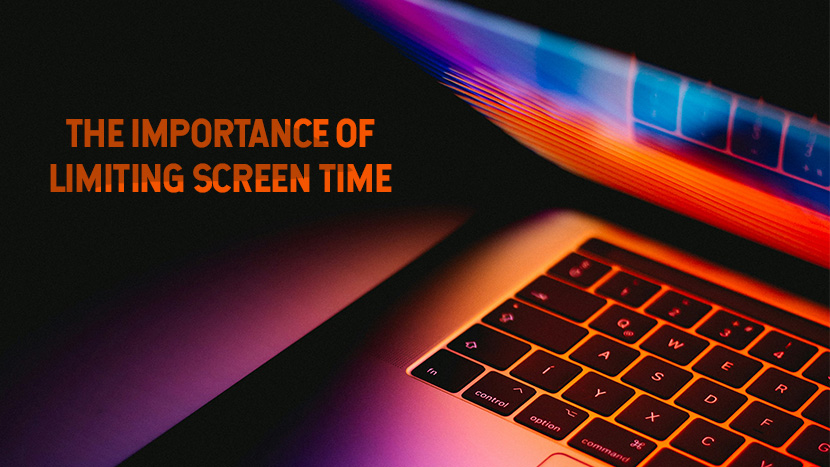With the crypto market getting closer and closer to its former peak once again, many conversations surround the utility and usage areas for these alternative currencies. While most experts seem to agree that crypto works best in tandem with the normal transactional means, as opposed to its replacement, there are still interesting discussions around the capabilities of certain coins, and what exactly can be achieved through using them exclusively.
Seeing as Bitcoin remains on top of the industry, representing around 52% of the total market, and rebounding around 61% so far this year, after the all-time low and the FTX crash disaster, it would be even more interesting to see how far just this single coin can take us. Below, we will discuss the possibility of funding an independent film using Bitcoin alone.
The Plausibility Test: The Credibility of Crypto in Entertainment
To even begin entertaining this idea, we must first establish that cryptocurrencies are taken seriously in the entertainment industry and have widespread uses across media entertainment and other pillars.
One of the most lucrative and productive collaborations the crypto market had an opportunity to be a part of, is with the casino world. To demonstrate, a fascinating statistic tells us that around 50% of all Bitcoin transactions are related to gambling activities, highlighting just how deep-rooted this collaboration seems to be.
On the opposite side of the spectrum, though to a lesser extent, casinos themselves benefit quite a bit from this partnership as well, not only giving their customers a greater diversity of options when it comes to their transaction choices but also offering all the other benefits that come with using crypto deposit systems, which we will be exploring later.
It is becoming somewhat of a standard for the more reputable establishments. To illustrate, within its all-encompassing gambling platform, Ignition Casino incorporates cryptocurrencies, and most importantly Bitcoin, as valid methods of transaction. By this, it builds stronger connections between the casino and blockchain industries, ensuring fruitful outcomes for both sides by providing a diversity of payment options.
This trend is not exclusive to casinos though, and while they are the biggest contributors to the continued relevancy of the crypto market in entertainment, they are far from the only ones. Whether it is gaming, streaming services and social media, ticket purchasing, or event booking, the alt currencies continue integrating themselves into various pillars, building a stronger reputation amongst the general public.
Pros and Cons of Crypto in Filmmaking
Now that we established the plausibility, we can start getting into specifics. The potential pros of using Bitcoin instead of traditional transaction methods are as follows:
Lower Transaction Fees
Compared to traditional banking systems, Bitcoin transactions generally have lower fees. Though it may seem negligent at first, for independent filmmakers working with tight budgets, this cost-effectiveness likely means more money going directly into the production, leading to better results.
Global Accessibility
Like all other cryptocurrencies, Bitcoin transcends geographical boundaries, potentially allowing filmmakers to access a worldwide pool of investors. This global reach could be particularly beneficial for projects with international appeal or those struggling to find enough support locally.
Transparency
The blockchain technology underlying Bitcoin provides a transparent and immutable record of all transactions. This feature could offer increased accountability and trust between filmmakers and investors, resulting in a greater number of people willing to contribute to the budget, as everything is supposedly safe, due to all financial movements being easily tracked and verified.
A Word of Caution
While all of this sounds intriguing on paper, there are many risks to consider. The crypto market, or more specifically the values for the coins present in the market is constantly fluctuating, making the industry extremely volatile as a result. This applies to Bitcoin as well, as its nature makes it difficult to rely on it as a stable funding source for a film project, which typically requires consistent and predictable cash flow over an extended period.
In addition, while we have established how crypto is a big player in different areas of entertainment when it comes to this specific one, the film industry’s established financial infrastructure is still largely built around traditional currencies and payment systems. This means that even if a filmmaker successfully raises funds in Bitcoin, they may face ongoing challenges in using those funds throughout the production process, which is already complex as is.
Unfortunately, a project may not even reach this stage, as if the filmmaker is relying on crowdfunding, public opinion starts mattering quite a bit, and seeing how the reputation of Crypto is mixed amongst the general public, it may add another reason as to why it can be an unreliable way to fund a project.
While all of these risks are big, we have not even gotten to the largest point of consideration yet. The regulations surrounding cryptocurrencies add another layer of complexity, potentially exposing filmmakers to legal risks or complications in different jurisdictions where they might be filming or conducting business. This is a very complicated subject though, and it is always good to inform ourselves through reliable resources if the time, interest, and opportunity are present.
Conclusion
Based on all the information given, it would likely be a better idea to not rely on exclusively Bitcoin for funding. Perhaps in the future, as the cryptocurrency market matures and stabilizes, and as regulatory frameworks become clearer, the viability of Bitcoin as a primary funding source for independent films may improve. However, for now, filmmakers should approach this option with caution, thoroughly weighing the benefits against the risks involved.
























































































































